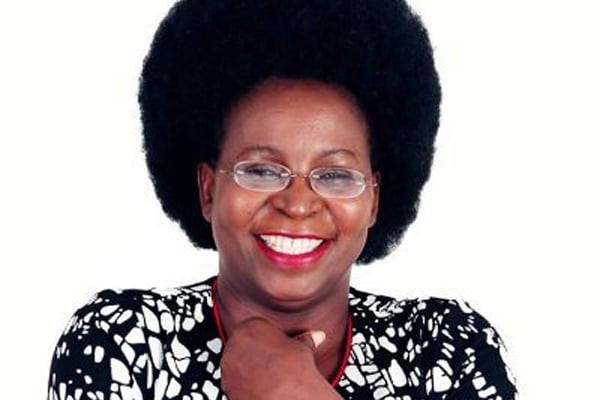Uganda to review research agreements with donors

Dr Monica Musenero, the senior presidential advisor on epidemics. PHOTOS/FILE
What you need to know:
- A number of donors insert clauses in agreements that force Ugandan researchers to give up their patent rights.
Government is set to review all research agreements with donors to ensure that researchers in the country own the patent rights for what they have discovered.
The decision comes after several Ugandan researchers reportedly lost patent rights to donors who fund such research.
Dr Monica Musenero, the Minister of Science, Technology and Innovations and senior presidential advisor on epidemics, revealed the new development while opening the 11th Annual National Research Ethics Conference on Friday.
Dr Musenero, who said a number of donors insert clauses in agreements that force Ugandan researchers to give up their patent rights, said a review to remedy the situation is in the offing.
She also revealed that the government has noted with concern that “a lot of revelations of fraud and other unacceptable behaviour in research have been highly publicised in scientific journals and mass media.”
There is a drive, she added, to put in place “a national approach to conduct of research responsibly.”
With trillions of dollars spent on research and development, Dr Musenero believes a strong framework that draws Uganda into this loop could give Uganda’s vision of becoming an upper-middle-income country by 2040 a tonic.
Such a framework, she noted, would evaluate “research results developed to assist our scientists and researchers in the day-to-day practice of their research.”
Dr Sam Okware, the director general of Uganda National Health Research Organisation, said — its benefits notwithstanding — research has risks which must be minimised.
According to Dr Okware, an enabling environment is required to ensure least harm for the subjects and that a conducive climate of integrity, respect, honesty, and responsibility should support that goal.
“Human participants involved in research are entitled to respect and personal autonomy. Respect starts with informed consent, assurance of minimal risk and individual confidentiality,” he said.
Dr Okware said the Covid-19 pandemic has come with unprecedented challenges to ethical standards including social, economic or even spiritual challenges.
“Foremost we must overcome the technical and ethical challenges and ensure credibility and validity of our research. The ethical challenges need to be addressed firmly according to national ethical guidelines,” he said.
He said — along with informed consent — volunteerism, improved comprehension of the process and open disclosure of potential benefits and risks help foster research integrity.
Dr Martin Ongol, the acting executive director of Uganda National Council of Science and Technology, said the impact of Covid-19 on health, economies and livelihoods at national and global levels has been unprecedented.
He said at national level it has created a lot of demand for scientific and research outputs, human resources, and infrastructure.
“The implications of these emerging challenges at national and global level are that research must be responsive to pertinent issues, should be conducted promptly in order to generate timely solutions, will more than ever before require participation of humans and animals as subjects and incorporates standard operating procedures for prevention of spread of Covid-19 in protocols,” he said.
He also noted that outputs, especially vaccines and treatments, are highly demanded and yet there are regulatory and intellectual property considerations involved.
He nevertheless believes that considerable progress has been made in terms of policy reforms and establishment of regulatory mechanisms both at institutional and national level.
This has taken place against the backdrop of increased interest in safety of research participants — both humans and animals.




